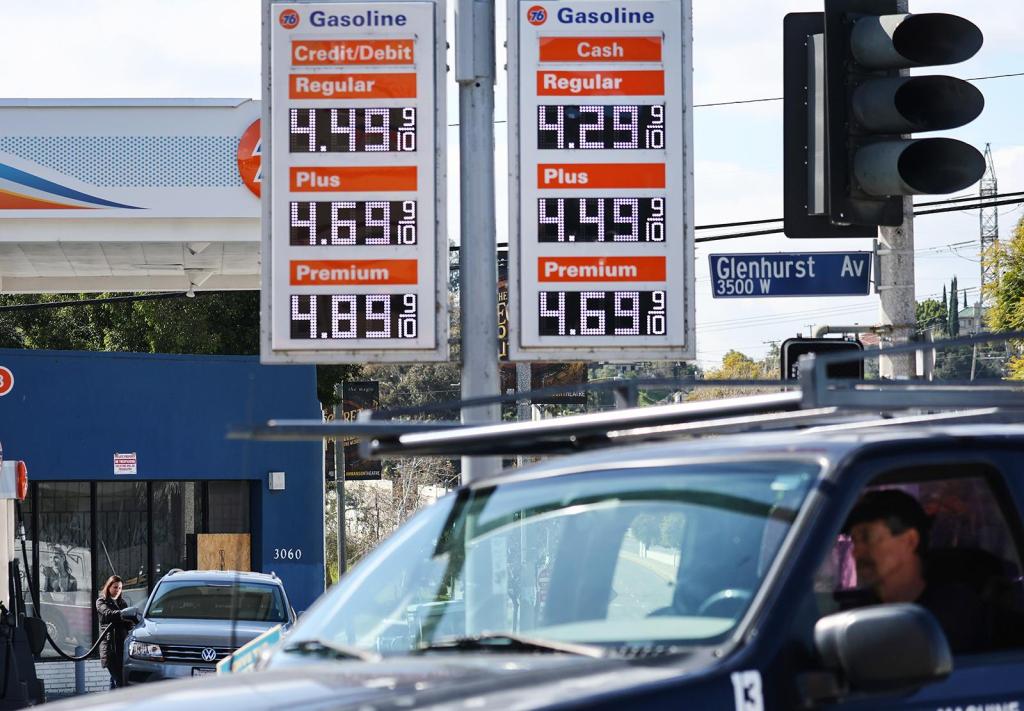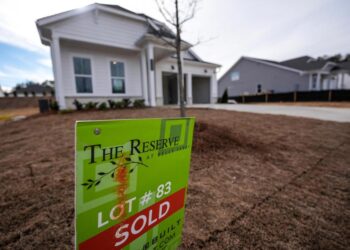Inflation surged in January by the most in three months, according to the latest Consumer Price Index, released Tuesday.
Despite the monthly increase of 0.5%, inflation continued to slow on a year-over-year basis to 6.4%, according to the Bureau of Labor Statistics. That’s down from December’s 6.5% but higher than economists’ expectations of 6.2%.
It’s the seventh consecutive month that annual inflation has declined.
Monthly prices were largely pushed up by shelter costs, which accounted for nearly half of the increase, the BLS reported. Higher costs for food, gasoline and natural gas also contributed.
On an annual basis, food prices remain well above overall inflation rates: Food-at-home prices are up 11.3%, with egg prices up 70% year on year, according to BLS data.
Taking out food and energy prices, which tend to have more volatility, the core CPI index increased 0.4% from December, matching the monthly gain seen previously, but moderated on an annual basis to 5.6%, from 5.7%.
Consensus estimates called for monthly core growth of 0.4% and year-over-year gains of 5.5%.
While economists were expecting the first report of the year to show inflation continuing to cool, they were also bracing for some uncertainty.
Just 11 days ago, the BLS delivered a shocker of a January employment report that showed the US economy added 517,000 jobs last month and unemployment dipped to a level not seen since May 1969. The monthly job gains could eventually be revised downward, but at nearly three times economists’ expectations, that stellar total underscored that bringing down inflation could be a long, drawn-out battle.
Federal Reserve Chair Jerome Powell said as much during an economic discussion last week:
“Our message [at the last meeting] really was this process is likely to take quite a bit of time,” he said during a question-and-answer session with David Rubenstein of the Economic Club of Washington DC. “It’s not going to be, we don’t think, smooth….
Read the full article here







